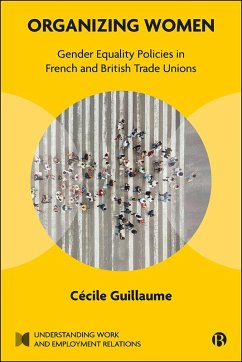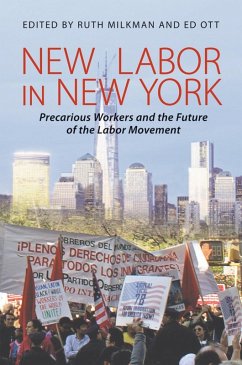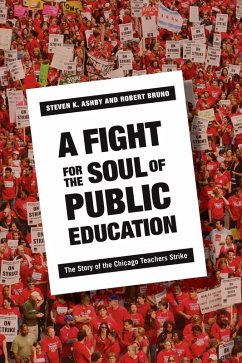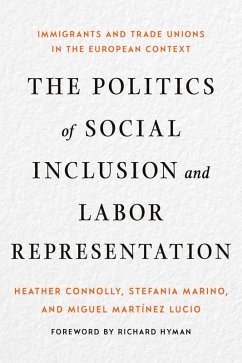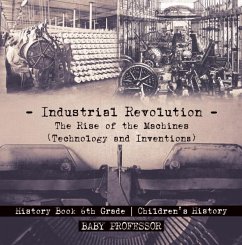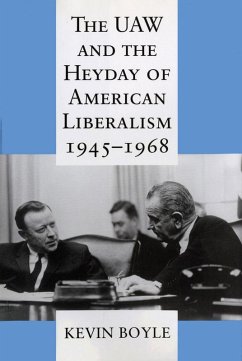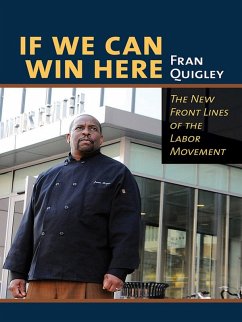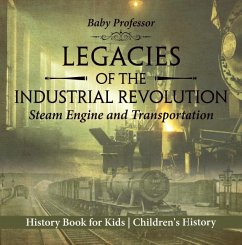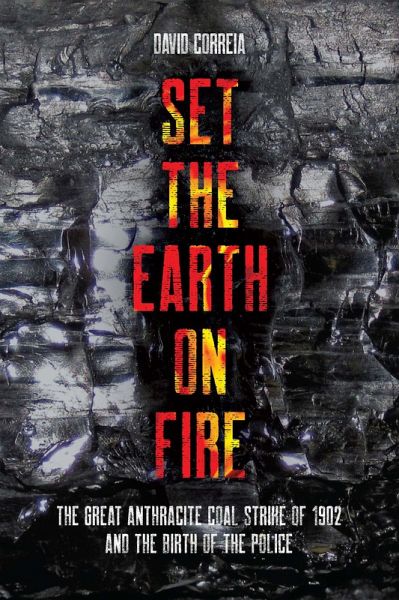
Set the Earth on Fire (eBook, ePUB)
The Great Anthracite Coal Strike of 1902 and the Birth of the Police

PAYBACK Punkte
5 °P sammeln!
An eye-opening account of the Great Anthracite Coal Strike of 1902, showing how the strike-and the violent backlash that ensued-reveal the genesis of modern policing. In the early years of the twentieth century, in the coalfields of eastern Pennsylvania, nearly 150,000 miners took part in one of the most critical events in the history of US labor organizing. The brutal response by the state of Pennsylvania-as well as the federal government-inaugurated the structure and power of policing that we know today. In this gripping account of the Great Anthracite Coal Strike of 1902, scholar and activi...
An eye-opening account of the Great Anthracite Coal Strike of 1902, showing how the strike-and the violent backlash that ensued-reveal the genesis of modern policing. In the early years of the twentieth century, in the coalfields of eastern Pennsylvania, nearly 150,000 miners took part in one of the most critical events in the history of US labor organizing. The brutal response by the state of Pennsylvania-as well as the federal government-inaugurated the structure and power of policing that we know today. In this gripping account of the Great Anthracite Coal Strike of 1902, scholar and activist David Correia takes readers through the story of the United Mine Workers of America, their struggle against systems of private policing-which were present in practically every industry in the US-and the development of public, professionalized, state-sanctioned, and state-serving police. The demands of their strike included shorter work days, higher wages, and safer conditions in the deadly mines. However, their labor was crucial to westward expansion, colonial occupations in the Caribbean and the Philippines, and many burgeoning industries in the US. To keep the fires of capitalism burning, industrialists prodded state and federal governments to intervene. Together, they established the first uniformed police force of its kind-a model soon emulated in other states.
Dieser Download kann aus rechtlichen Gründen nur mit Rechnungsadresse in A, D ausgeliefert werden.




